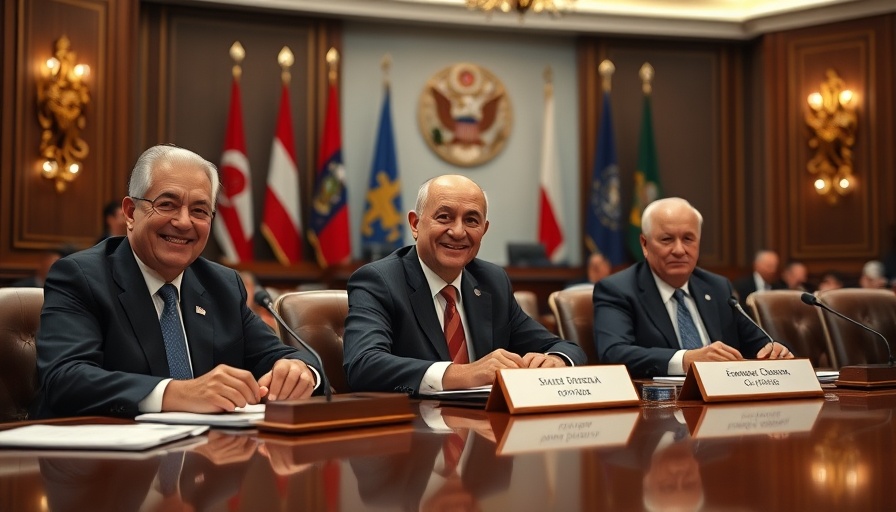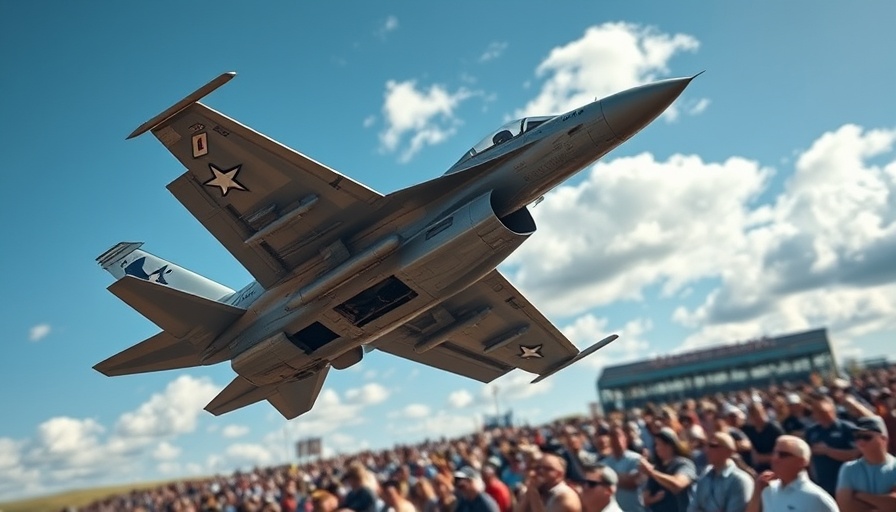
Evaluating the Necessity of a $1 Trillion Pentagon Budget
The debate surrounding America's Pentagon budget has reached a fever pitch, particularly in light of President Trump's announcement proposing a staggering $1 trillion allocation for the Department of Defense. This ambitious figure has sparked discussions on whether such immense spending is justified in the face of emerging global challenges.
What Drives the $1 Trillion Proposal?
Proponents of the budget increase argue that the military must be fortified against an array of ‘bad forces’ threatening national security. Yet, this vague argument raises questions about what truly lies behind the call for such extensive financial resources. As military analyst Roman Schweizer notes, the push for this budget hints at a prevailing mentality within government circles that may prioritize military might over diplomatic efforts.
A Historical Lens: The Costs of War Project Insights
The Costs of War Project at Brown University provides sobering statistics, revealing that post-9/11 conflicts have tallied costs exceeding $8 trillion, along with extensive human casualties. Rather than focusing solely on military solutions, there is growing recognition of the need for a balanced approach that includes diplomatic and humanitarian strategies—an increasingly relevant necessity in an unpredictable global landscape.
Military Spending versus Diplomatic Endeavors
The past two decades have seen steep investments in military power coupled with significant cuts to diplomatic resources, such as the Agency for International Development (AID). This shift has cultivated skepticism that additional military funding can effectively address complex global issues. Critics are concerned that simply increasing the budget won't translate into effective security strategies without parallel investments in non-military initiatives.
Conclusion: Rethinking the Military-First Approach
As the conversation continues to evolve regarding America's defense budget, a strategic reevaluation is essential. A closer examination of the actual benefits and impacts of heightened military spending could pave the way for a more comprehensive foreign policy that balances military readiness with vital diplomatic engagements.
 Add Row
Add Row  Add
Add 




Write A Comment